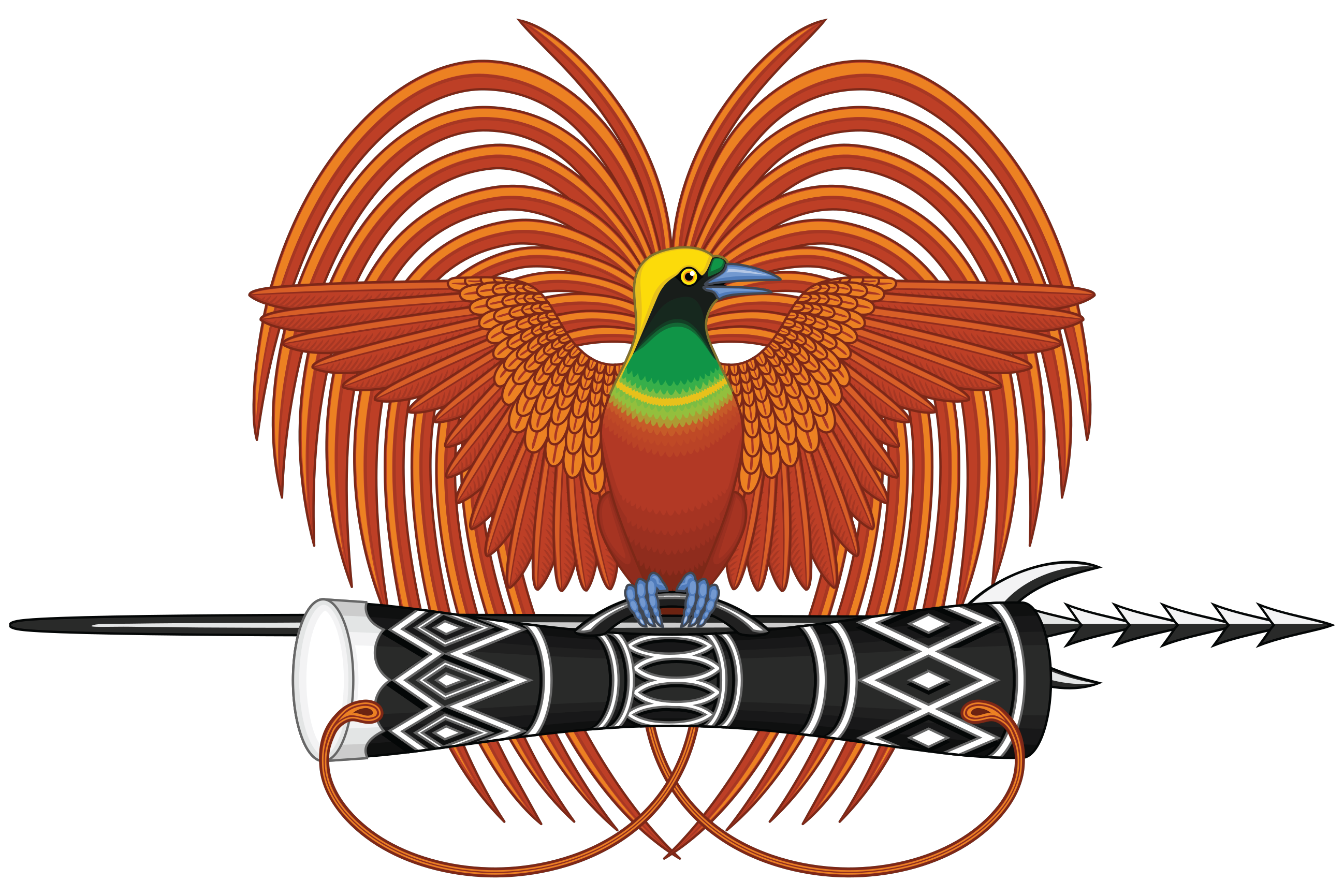Significant Advancements in Sustainable Value Chains and Rural Development Showcased at EU-STREIT PNG Programme Steering Committee Meeting
The 6th Steering Committee Meeting of the EU-STREIT PNG Programme in Port Moresby showcased progress in sustainable value chains and rural development for Papua New Guinea's Sepik region. Stakeholders pledged collaboration to expand the Programme's impact.

Members of 6th PSC meeting of the EU-STREIT PNG Programme posing for a group photo.
©FAO
Port Moresby, Papua New Guinea - The EU-STREIT PNG Programme held its 6th Programme Steering Committee (PSC) meeting on March 14, 2024, in Port Moresby, taking a significant step forward in the mission to foster sustainable value chains and rural development and inclusive growth in the Sepik region. The meeting brought together high-level officials and representatives from various sectors, including the Department of National Planning and Monitoring (DNPM), EU Delegation, United Nations Agencies, and national and provincial government and administration institutions, including from East and West Sepik, among others. This diverse assembly underscores a united commitment to enhancing the livelihoods of the communities in the Sepik region.
The meeting was co-chaired by the DNPM Deputy Secretary Mr. Michael Kumung, EU Ambassador Excellency Jacque Fradin, and UN Resident Coordinator Mr. Richard Howard, continuing their joint leadership. This co-chairmanship highlights the ongoing strong collaboration between the EU, UN and the PNG government in driving the Programme forward.
DNPM Deputy Secretary Mr. Michael Kumung took the stage to recognize the remarkable achievements of the EU-STREIT PNG Programme, highlighting it as a beacon of the EU-PNG partnership. "With the Programme reaching an impressive 480,000 individuals, it significantly contributes to PNG Government objectives under MDTP IV, aiming for economic growth, job creation, and enhanced quality of life. Despite initial challenges, the success story of Sepik sets a precedent for us to replicate in other provinces. It is pivotal that government agencies lead this replication in partnership with development partners," Kumung detailed, setting a tone of proactive government involvement and collaboration.
Following the Deputy Secretary's insightful remarks, EU Ambassador Excellency Jacque Fradin shared reflections on the progress since the implementation of the acceleration plan in 2022. "The strides we've made with the FAO's leadership of the EU-STREIT PNG Programme are commendable. Looking ahead, the challenge lies in developing a model for replication in other provinces. Yet, the essence of sustainability for the EU-STREIT PNG Programme rests on a collaborative framework involving not just the EU and UN agencies but crucially, the support from government bodies," Fradin underscored the collective effort required for the Programme's enduring success and scalability.
UN Resident Coordinator (UNRC) Mr. Richard Howard highlighted the Programme's evolution and strategic impact on the UN's development agenda in Papua New Guinea. "Overcoming early hurdles, the EU-STREIT PNG Programme exemplifies a success story, significantly contributing to the economic outcomes of the UN PNG Sustainable Development Programme Framework. With achievements in sustainable rural infrastructure development, financial inclusion, and digital services access, it's crucial to expand the approach nationwide. I call upon all stakeholders to amplify their efforts as we progress," Howard advocated for broader application of the Programme's successful strategies.
The meeting not only reflected on past achievements but also set a course for future actions, with a clear call for increased collaboration and support to ensure the programme's sustainability and expansion. The collective effort and dedication of all involved stakeholders are paving the way for a more prosperous future for the Sepik region and potentially other regions of Papua New Guinea.
The EU STREIT PNG Programme Coordinator, Mr Ali Said Yesuf elaborated the returns from the investments made by the Programme will grow exponentially in the coming few years as some of interventions such as cocoa mature and communities take full advantage of the knowledge gained and infrastructure developed by the Programme. He underscored ensuring continuity and sustainability of the interventions and innovations is a joint responsibility of all stakeholders with the national, provincial and local governments in the lead. He appealed to the various government institutions to plan and budget appropriately to sustain the gains from the EU STREIT PNG Programme.
About the EU-STREIT PNG Programme
The EU-STREIT PNG, being implemented as a United Nations Joint Programme (FAO as leading agency and ILO, ITU, UNCDF and UNDP as implementing partners), is the European Union's largest grant-funded initiative in the country. It focuses on boosting sustainable and inclusive economic development in rural areas. This is achieved by enhancing economic returns and opportunities within cocoa, vanilla, and fisheries value chains. Additionally, the Programme strengthens and improves the efficiency of value chain enablers, including access to ICT and digital financial services. It also supports the development of sustainable, climate-resilient transport infrastructures and renewable energy solutions. The Programme benefits two provinces: East Sepik and West Sepik.
Contact
Amir Khaleghiyan International Reporting and Communication Officer +675 7410 2860 [email protected]



